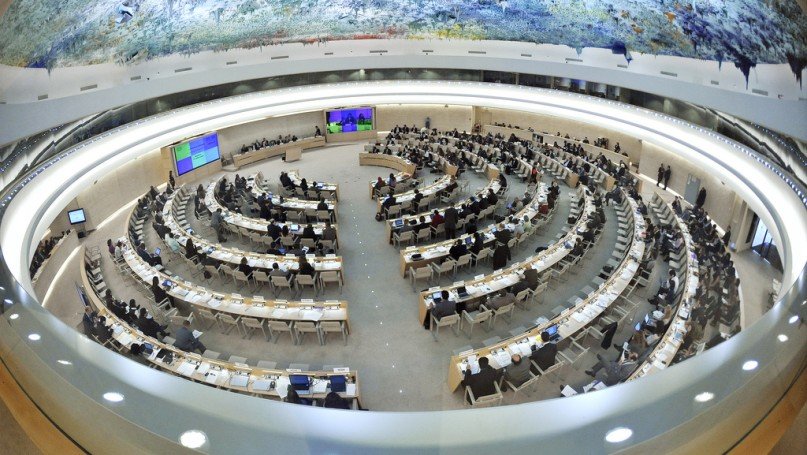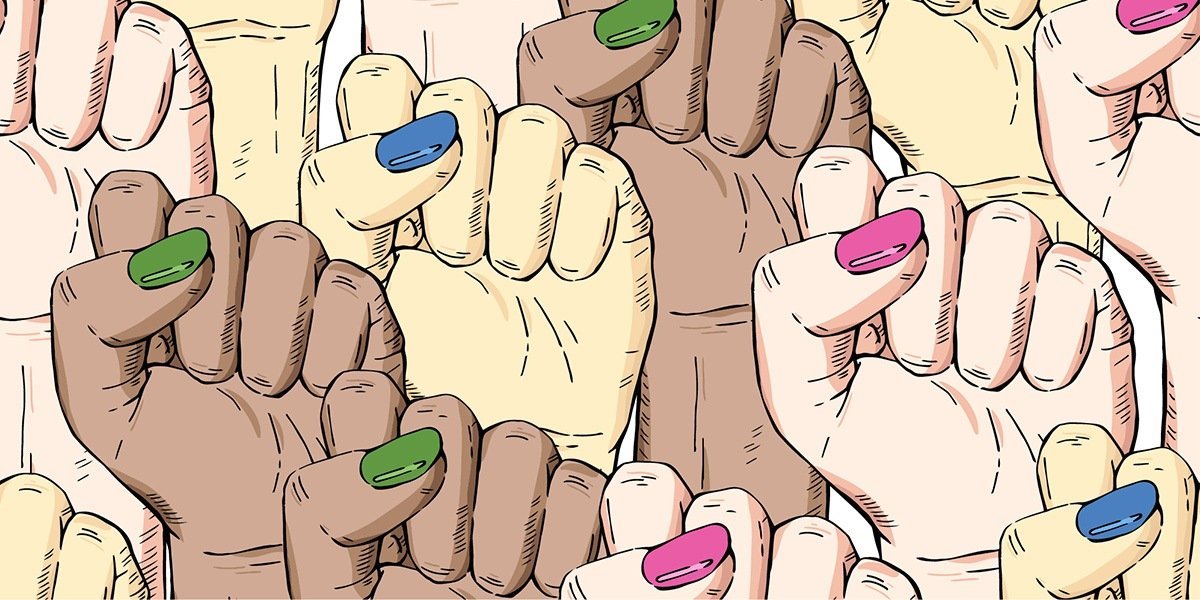Understanding International Human Rights Laws
International Human Rights Laws are crucial for safeguarding individual freedoms and dignity across the globe. These laws encompass a wide range of agreements and treaties designed to protect the basic rights and freedoms of people everywhere. In this article, we will explore the significance of International Human Rights Laws, their historical evolution, key instruments, and their impact on global justice.

Historical Evolution of International Human Rights Laws
The origins of Global Human Rights Standards can be traced back to the aftermath of World War II. The horrific atrocities committed during the war highlighted the urgent need for a universal framework to protect human rights. Consequently, the United Nations was established in 1945 with the primary aim of promoting peace and security. One of its first major achievements was the adoption of the Universal Declaration of Human Rights (UDHR) in 1948.
The UDHR set forth fundamental rights that should be universally protected, such as the right to life, liberty, and security. This landmark document laid the foundation for subsequent human rights treaties and conventions. Over time, the framework of International Human Rights Laws expanded to include various treaties, such as the International Covenant on Civil and Political Rights (ICCPR) and the International Covenant on Economic, Social, and Cultural Rights (ICESCR).
Key Instruments of International Human Rights Laws
International Human Rights Laws are embodied in a variety of legal instruments and agreements. Among the most prominent are the Geneva Conventions, which focus on the protection of individuals during armed conflicts. These conventions have been crucial in establishing standards for humanitarian treatment in wartime, thereby ensuring that even in times of conflict, basic human rights are upheld.
Another key instrument is the Convention on the Elimination of All Forms of Discrimination Against Women (CEDAW). This treaty addresses gender discrimination and promotes women’s rights worldwide. Similarly, the Convention on the Rights of the Child (CRC) establishes standards for the protection and welfare of children. These treaties are part of a broader framework designed to address specific human rights issues and ensure comprehensive protection for all individuals.
Impact and Implementation of International Human Rights Laws
While Global Human Rights Standards have made significant strides in promoting global justice, their implementation remains a challenge. The effectiveness of these laws largely depends on the commitment of individual countries to adhere to and enforce them. International bodies, such as the International Criminal Court (ICC) and various human rights monitoring organizations, play a vital role in overseeing compliance and addressing violations.
In practice, the impact of Global Human Rights Standards can be observed in various ways. For instance, the prosecution of war crimes and crimes against humanity by international tribunals underscores the global community’s commitment to holding perpetrators accountable. Moreover, the advocacy work of numerous non-governmental organizations (NGOs) helps to raise awareness and promote adherence to human rights standards.
Nevertheless, challenges persist. In many regions, political instability, lack of resources, and systemic corruption hinder the effective implementation of human rights protections. Therefore, continued international cooperation and support for human rights initiatives are essential for addressing these issues and ensuring that the principles of International Human Rights Laws are upheld.
Conclusion
In conclusion, Global Human Rights Standards represent a vital component of the global legal framework designed to protect individuals from abuse and ensure their fundamental freedoms. From the historical roots established post-World War II to the contemporary instruments that address specific issues, these laws play a crucial role in promoting justice and equality. Despite the challenges in implementation, the ongoing efforts of international bodies, governments, and NGOs are crucial for advancing human rights worldwide. Understanding and supporting International Human Rights Laws is essential for fostering a more just and equitable global society.



